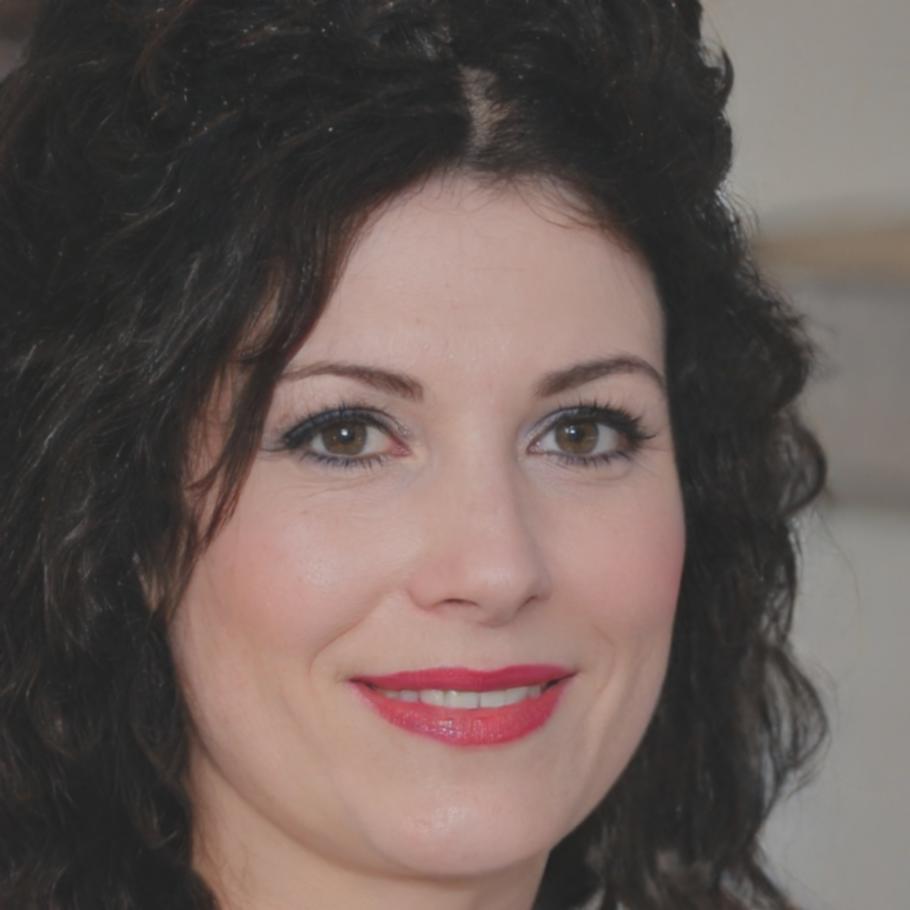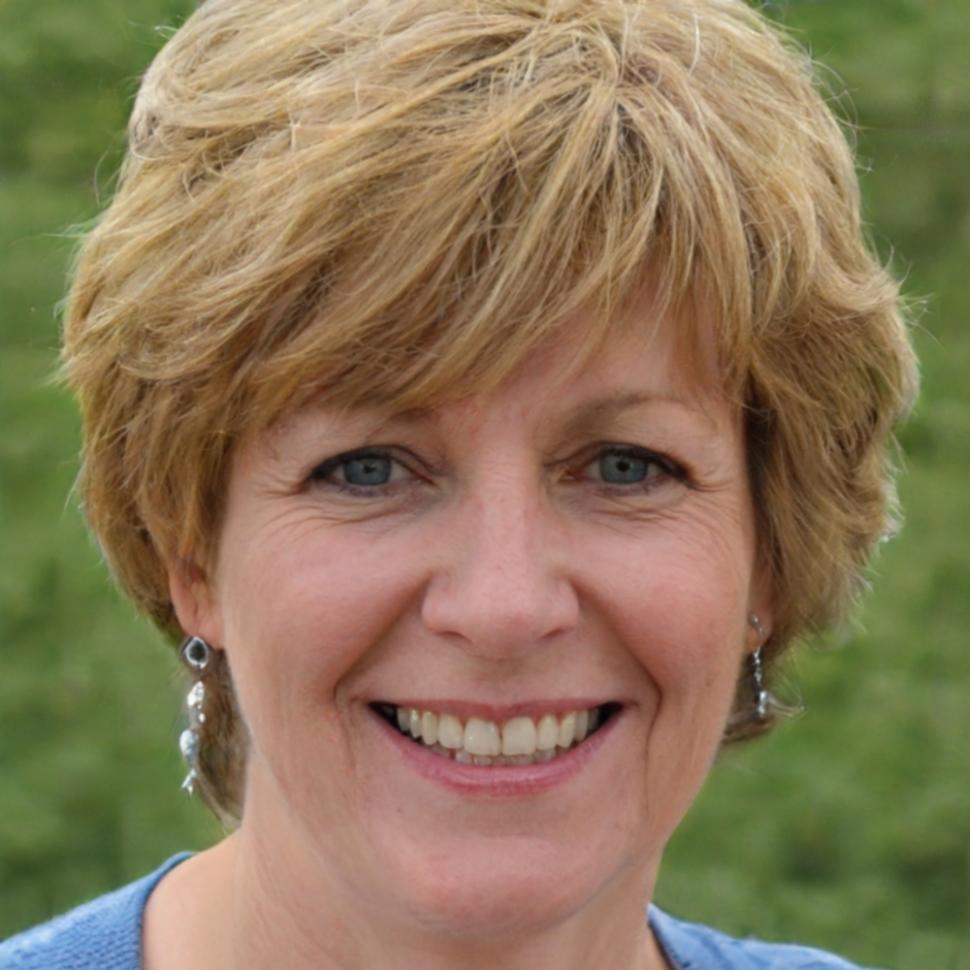Budget Performance Metrics That Actually Work
Most budgets fail because they're built on outdated spreadsheets and guesswork. We teach you how to track what matters, spot problems early, and make decisions backed by real numbers. Our autumn 2025 intake focuses on practical skills you can use from week one.
Request Program Details
Six Months of Focused Learning
Our program runs from September through February 2026. You'll spend time on concepts that directly impact your ability to manage budgets effectively, without filler content or theory that doesn't translate to real work.
Understanding Your Numbers
Learn to read financial data without feeling overwhelmed. We start with basic variance analysis and build up to multi-dimensional reporting.
Setting Realistic Targets
How to forecast without wild optimism or excessive caution. You'll work with historical data and market conditions to create budgets people can actually hit.
Tracking That Matters
Build dashboards that highlight problems before they become crises. Focus on leading indicators rather than looking backwards all the time.
Corrective Actions
What to do when you're off track. We cover scenario planning, resource reallocation, and how to communicate changes without causing panic.
Stakeholder Communication
Present financial information to people who don't speak finance. Turn complex metrics into clear stories that support decision-making.
Applied Case Studies
Work through real scenarios from Australian businesses. You'll diagnose budget issues, propose solutions, and defend your recommendations.
Where Participants Are Now
We checked in with graduates from our 2023 and 2024 cohorts. Here's what they've been doing with the skills they picked up during the program.

Sienna Booth
Completed Feb 2024I was managing budgets for three departments but constantly reacting to surprises. The forecasting techniques we covered helped me spot trends earlier. Now I run monthly variance reviews that actually prevent problems instead of just documenting them afterwards. Still learning, but the foundation is solid.

Marlene Finch
Completed Aug 2023Before this program, I avoided budget conversations because I didn't trust my analysis. The module on stakeholder communication changed how I present numbers. I built dashboards that non-finance people actually use, and our quarterly planning meetings are less stressful for everyone involved.

How the Program Works
Classes run Tuesday and Thursday evenings from 6:30 to 9:00 PM, starting September 2nd, 2025. You'll need about five hours weekly for assignments and practice exercises outside of class time.
Weeks 1-8: Foundation Building
Core concepts and tools. You'll set up your first performance tracking system and learn to identify meaningful variances.
Weeks 9-16: Applied Practice
Work with real datasets from Australian companies. Diagnose budget issues, build corrective plans, and present findings to your cohort.
Weeks 17-24: Capstone Project
Take a struggling budget scenario and turn it around. You'll document your process, present results, and defend your methodology.
Led By Practitioners
Our instructors work in finance roles during the day and teach what they're currently using. No theoretical concepts that sounded good in 2010 but don't work anymore.

Russell Kane
Russell spent twelve years fixing broken budget processes for mid-sized companies across Melbourne. He's dealt with everything from wildly optimistic forecasts to reporting systems that nobody trusted.
He started teaching in 2022 because he kept seeing the same mistakes repeated. The program focuses on patterns he's identified from working with over forty different budget systems.
Outside of class, Russell consults for manufacturing and retail businesses struggling with seasonal variance and inventory planning.